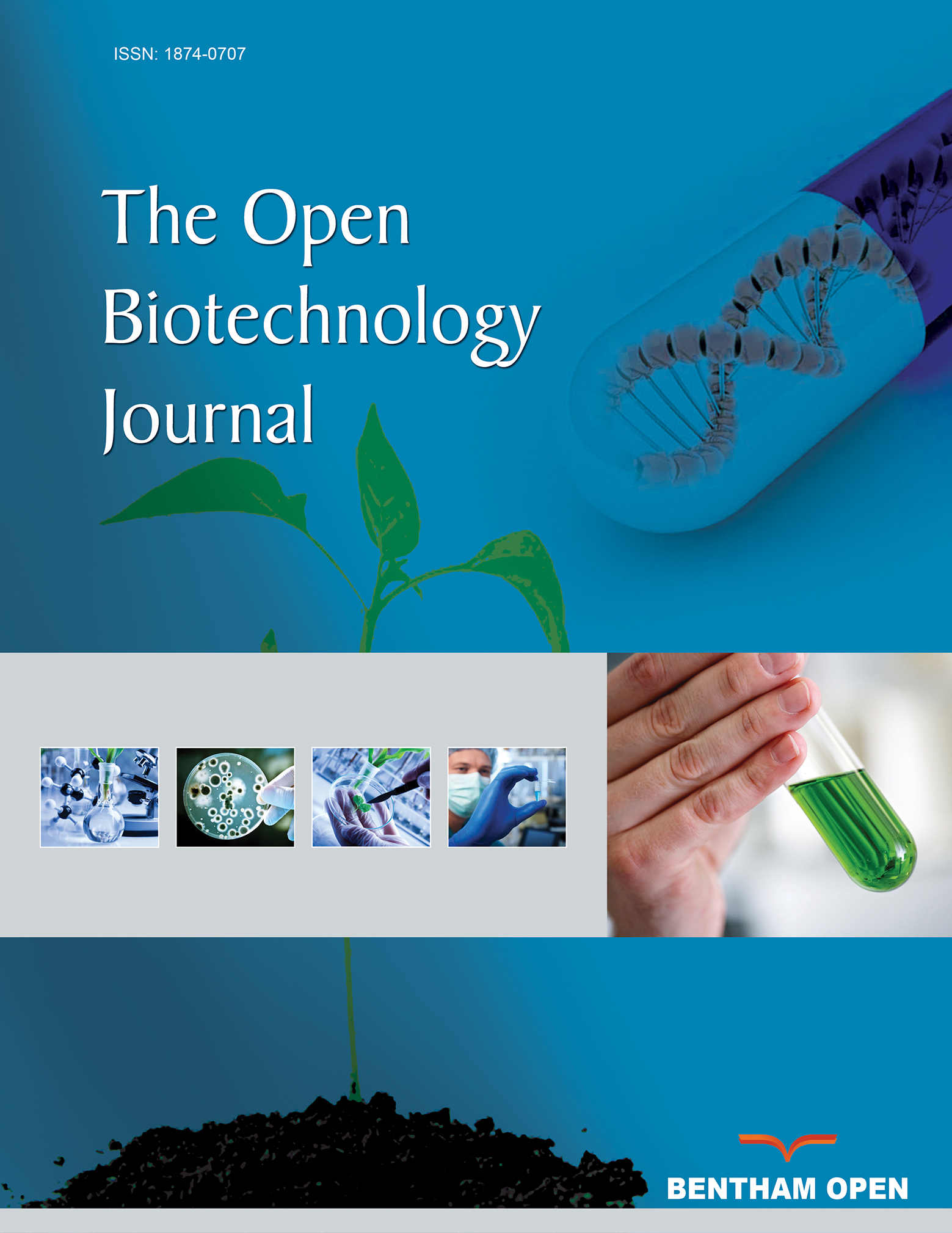All published articles of this journal are available on ScienceDirect.
A Mini-review on Oncolytic Newcastle Disease Virus (NDV): From Highly Contagious Virus to a Biological Tool for Cancer Therapy
Abstract
Newcastle disease virus is a highly contagious viral infection affecting a plethora of avian species with distinct levels of susceptibility. It exerts a significant economic impact in certain countries due to its pathogenic nature, causing high mortality and morbidity rates. It is well characterized that the Newcastle disease virus is among the avian paramyxovirus serotypes, which could be easily disseminated through contaminated feed, water, and others. In view of its capability to thrive in extreme conditions, the exploration of Newcastle disease virus, as an oncolytic agent, has been gaining interest over the last few years. It is widely utilized as a vector in vaccine development for both humans and animals. The versatility in transcription, low deoxyribonucleic acid phase during replication, as well as low recombinant frequency makes Newcastle disease virus a major reason in the development of cancer vaccines. This review highlights the current understanding of its biology, associated with advanced molecular biology tools as oncolytic agents. Given that Newcastle disease virus is still in the early stage of clinical trials as oncolytic agents, deeper exploration of preclinical studies is necessary to ensure its safety and efficacy.


